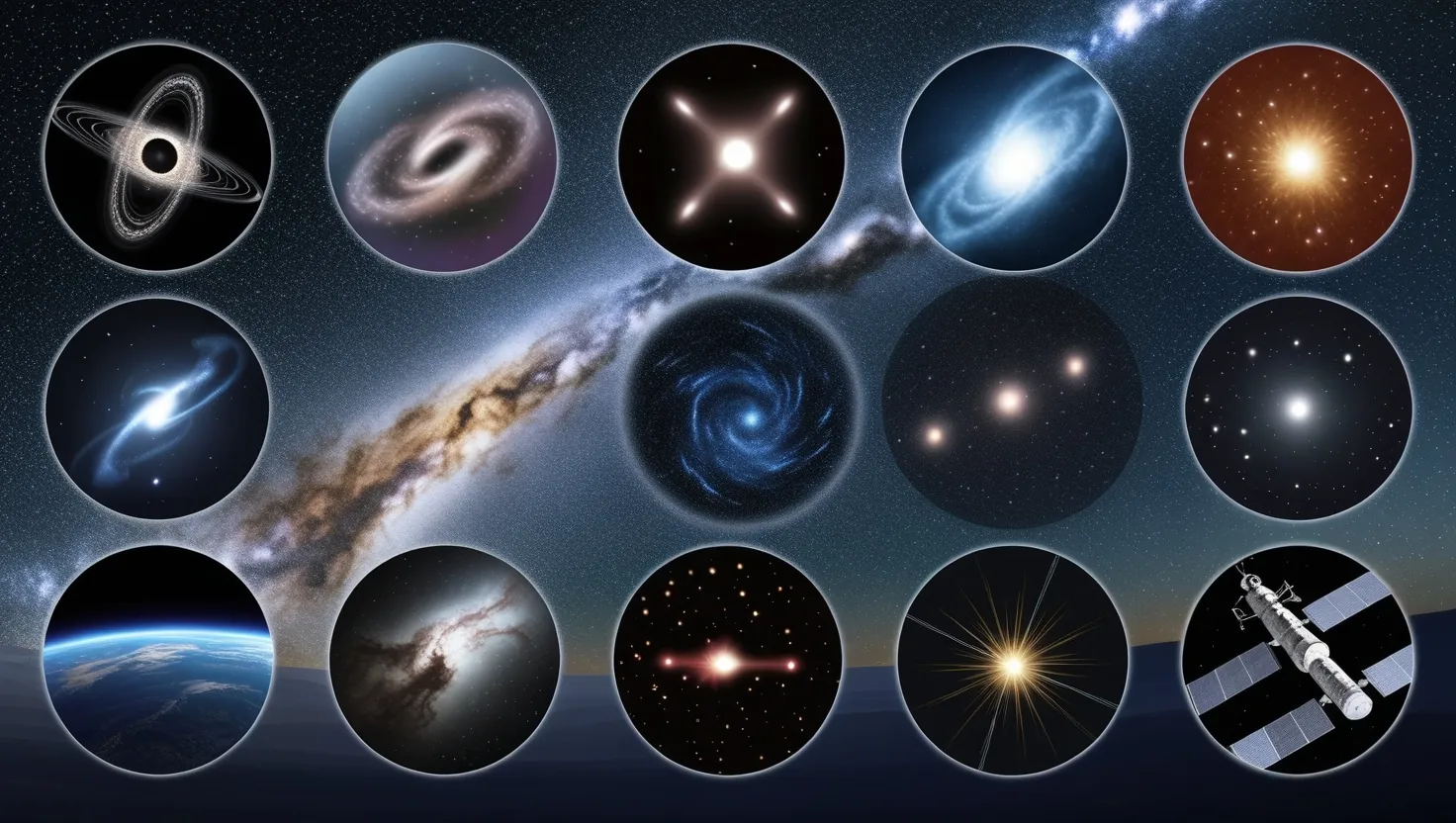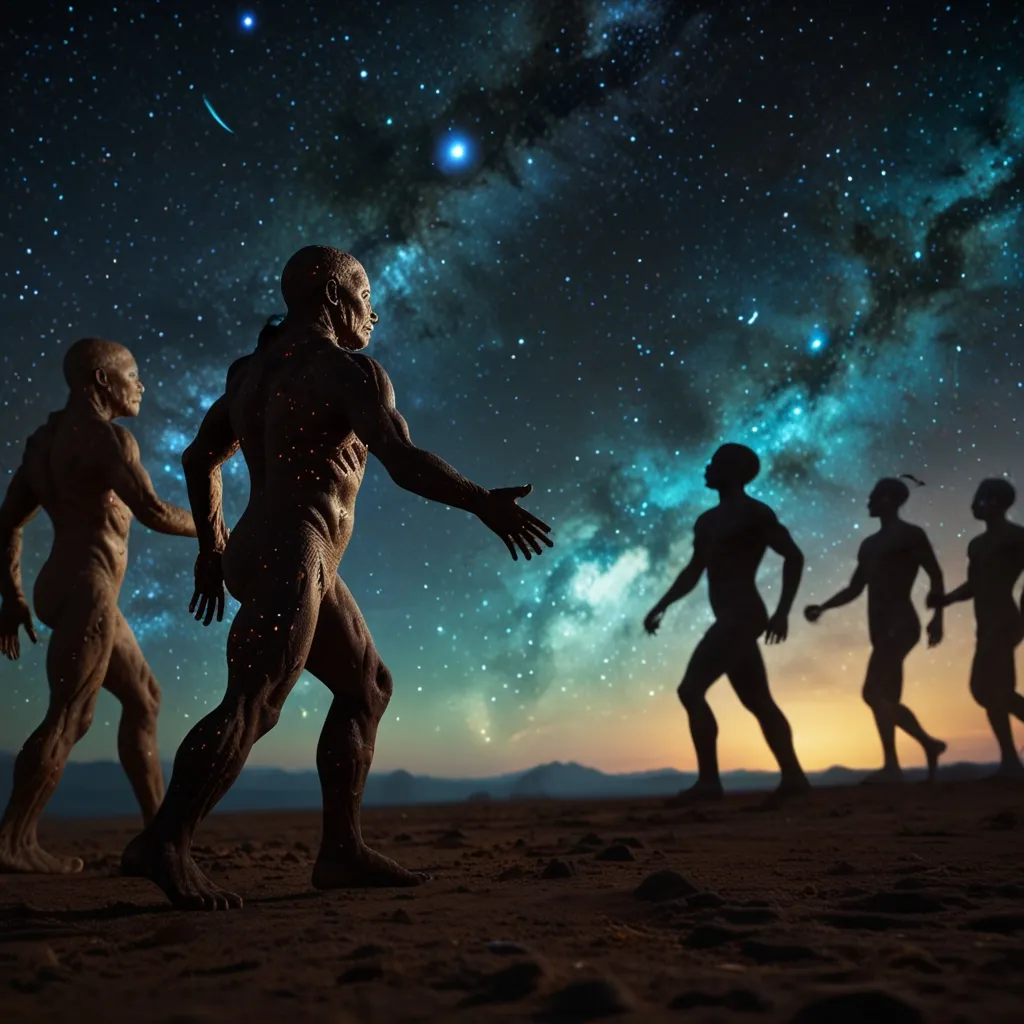Have you ever thought about how long you actually want to live? Maybe 80, 90 years? Perhaps even 120 or more? It’s a curious question considering that, thousands of years ago, humans rarely lived long lives. As we’ve advanced, we’ve figured out how to extend our lives and stay healthier, but there’s a downside. More of our extended years are spent dealing with illness and requiring care. Most of us are likely to end up dying in a hospital bed and witnessing similar fates for our loved ones.
But what if we could interrupt this cycle? The best way to deal with disease is to prevent it, right? Imagine if we could halt the primary cause of all diseases: aging itself. Aging isn’t some mystical curse; it’s simply due to physics. Think of it like a car wearing down. Parts rust, filters clog, and rubber cracks. Our bodies similarly degrade due to countless small processes—like sun exposure and metabolism—that accumulate damage over time.
Our bodies try to repair this damage, but they lose efficiency as we age. Our bones and muscles weaken, our skin wrinkles, and our immune system falters. In reality, we don’t die of old age. Instead, one critical part gives out, and multiple diseases can overtake us. But new research is giving us reasons to be hopeful. Scientists are making headway in understanding and potentially manipulating the aging process. It’s not about achieving immortality but about healthier, longer lives.
Ending aging, however, stirs mixed feelings. It challenges the natural order we’ve always known. We celebrate aging as a natural part of life—our golden years—but the dread of growing old remains. Take the tale of Tithonus from Greek mythology. Granted eternal life but not eternal youth, he eventually shrank into a helpless, babbling figure. This story mirrors our fears about endless aging without health.
But halting aging doesn’t mean we’ll linger forever in frailty. Someone already too old wouldn’t benefit much—there’s too much damage already. The real goal is life extension: ending diseases and having no fixed maximum age. We don’t yet know how far we can extend our lives. Could everyone reach 120 years in good health, or could we go beyond?
Life extension might just be an evolution of what medicine already tries to do—prolong life and minimize suffering. Most of our healthcare costs occur in our senior years, trying to patch up failing systems. Stopping aging can be as natural as using vaccines or antibiotics. It’s about intervening before systems fail beyond repair.
Of course, some find the idea of living indefinitely unsettling. Even with the possibility of stopping biological aging, death due to other causes will still exist. Imagine it like those summer evenings as a kid when you wanted to play a bit longer before bedtime. It’s about enjoying more time—not forever, just a bit more.
So, imagine a world without disease, where you and your loved ones could live healthily for another 100 or 200 years. How would that affect us? Maybe we’d take better care of our planet or feel less rushed to figure out our lives. Or maybe it would bring different pressures.
Given the choice right now, how long would you want to live, in good health, surrounded by friends and family? What would your ideal future look like?
There’s still much to ponder and debate, but it’s intriguing to think about what the science of today could mean for our tomorrows.






